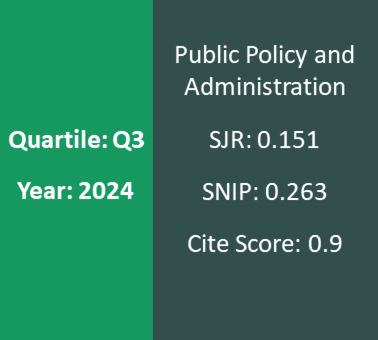Public Policy Agenda: Definition, Components and Design Models
Keywords:
policy agenda; policy agenda-setting, policy actors; models of policy agenda-setting.Abstract
This paper describes a wide range of definitions of the policy agenda, which enables one to have a wider
view over the concept of the policy agenda and its contexts. On the one hand, policy agenda-setting is a process
that is rather open for participation; on the other hand, it is a complex mechanism of influence. A lot of participants
take part in the policy agenda design: mass media, politicians, interest groups, etc. From the classical
point of view, formation of the policy agenda is basically influenced by three forces: political parties, interest
groups and institutions. The article pays a significant attention to the government as an institution that has to
maintain sustainability of the public policy and react to spontaneously discussed issues, and an institution,
which maintains resources in a competition with other political actors. Many policy agenda formation models
have been criticized for their narrowness; thus, in the perspective of time, models of a single variable have provoked
the development of a multi-variable model, which has a more systematic approach, yet was criticized for
a synthetic construct.





